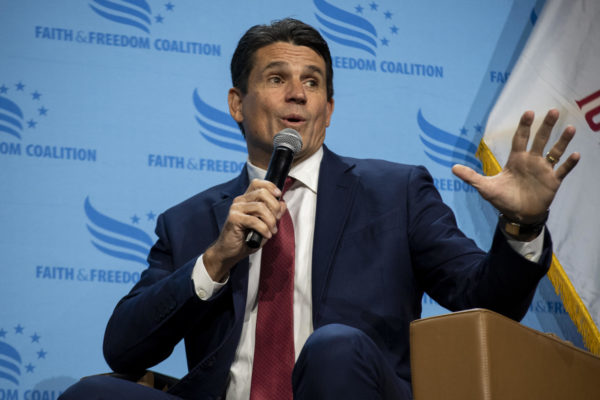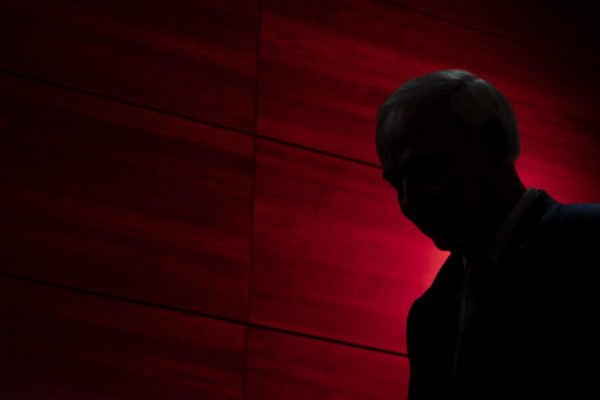GOP remains unfocused in candidate selection
February 10, 2012
The Republican Party cannot seem to make up their mind. Only four candidates remain, and after Rick Santorum’s wins in Colorado and Minnesota, no one is a clear front runner.
“The big question really is if all four are going to stay in,” said Steffen Schmidt, university professor of political science. “From what I can tell, they all say they’re going to stay in. [Newt] Gingrich says he’s not dropping out. Santorum is picking up and is very excited about that. Ron Paul is always going to continue because he has a lot of supporters who love him. Mitt Romney has a lot of money and is obviously going to stick around. It’s very unstable.”
With Romney still the front runner in delegates with 112, it appears that he has lost momentum to Santorum, who currently holds 72.
“People like Rick Santorum,” Schmidt said, “that’s a big problem for Romney.”
The closest any of the other candidates got to Santorum on Tuesday was within 6 percent in Colorado. This compares to the 0.1 percent Santorum had to win over Romney in Iowa.
Newt Gingrich, who has won South Carolina and currently holds 32 delegates, may be winding down.
“Gingrich is short of money,” said Mack Shelley, university professor of political science. “He is short of staff that will stick with him in the long run.”
Ron Paul’s campaign is also waning.
“Of the four remaining candidates, he is the only one who has not won in a primary or a caucus yet,” Shelley said. “You just can’t be a major player unless you can claim a win.”
The next important date to watch is March 6, otherwise known as Super Tuesday. Ten states will be involved this year, with 437 delegates up for grabs.
“It’s possible that by the time that the Super Tuesday results come in, one or more of the remaining candidates have to quit,” Shelley said.
A candidate must reach 1,144 delegates to obtain the presidential nomination.














